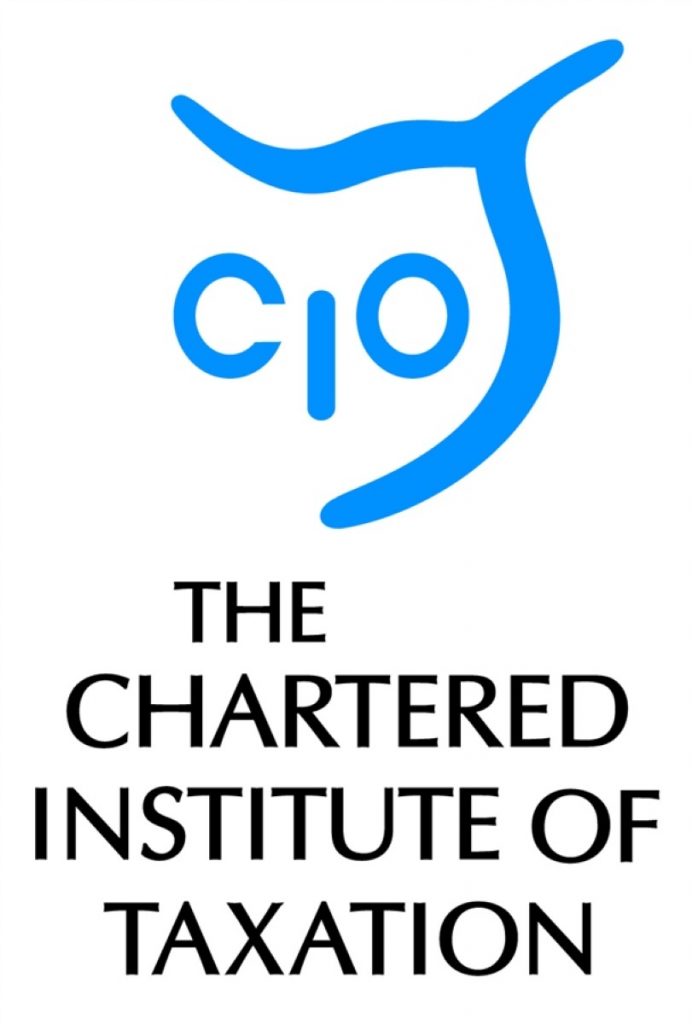The Low Incomes Tax Reform Group (LITRG) has welcomed the Government’s pledge to make bonuses it adds to its two new flagship savings schemes tax-free but is concerned that many questions remain unanswered about the schemes’ impact on means-tested benefits.
While MPs continue to debate the Savings (Government Contributions) Bill 2016-17 in Parliament, LITRG has outlined its concerns1 that many points of detail relating to the Lifetime ISA and Help to Save accounts are still to be clarified.
Following up its earlier response2 to the Help to Save consultation, LITRG strongly recommends that great care is taken over the detailed design of both schemes. For instance, making bonuses tax-free will save people the hassle of working out whether amounts fall into nil rates of tax for savings income. But equally or even more important to those on low incomes is the treatment of these accounts for means-tested benefits.
LITRG suggests that the Government should consider disregarding capital in Lifetime ISAs and Help to Save accounts from means-tested benefits assessments. Similarly, any income (including bonuses) on the accounts should be disregarded from income calculations for tax credits and means-tested benefits.
Anthony Thomas, Chairman of LITRG, said:
“If by putting money into these new savings schemes people fear that they might lose entitlement to social security, then the plans could entirely miss their target, which is to boost savings rates among those on low incomes.
“We welcome efforts to encourage saving among people on low incomes but the Government must not overlook how crucial it is to have answers to the complex interactions between tax, tax credits and other means-tested benefits, before any new schemes are launched.
“For simplicity, drafting of the detailed rules must have regard to existing definitions so that individuals are not faced with having to work through different rules for different purposes. For example, a ‘UK connection test’ is proposed to be eligible to open a Help to Save account. We very much hope that this, amongst other things, is aligned with existing rules found in the tax credits and benefits legislation.”
If there is no disregard from means-tested benefits, someone who is saving towards a first home deposit, or choosing to save into a Lifetime ISA rather than a pension, could find they need funds and draw on that money and suffer a resulting penalty3 if, for example, they lose their job. This would be a serious disadvantage to someone who has chosen to save into a Lifetime ISA over a pension, given that untouched pension savings are usually entirely disregarded when assessing entitlement to Universal Credit.
The impact of Lifetime ISAs and Help to Save accounts on benefits entitlement is important because the assessment of ‘tariff income’ in Universal Credit begins when a claimant has capital of £6,000 or more4 unless that capital is otherwise disregarded. The upper limit is £16,000, so anyone with savings (capital) over £16,000 cannot get Universal Credit.
Notes for editors
1. LITRG’s submission on the Savings Bill can read here.
2. See LITRG’s response to the Help to Save consultation on implementation, which closed in July 2016
3. The Lifetime ISA is only to be used for purchase of a first home, or otherwise drawn on from age 60. Loss of bonus and a penalty could be incurred on making a withdrawal at any other time. Whilst it is not proposed that Help to Save will have any restrictions on withdrawal, loss of bonus may be suffered as the Government proposes to add bonuses only on the basis of the highest balance achieved in the account over the saving period. See para 3.2 of the Government’s response to the consultation.
4. If you have savings or capital between £6,000 and £16,000, this is assumed to give you an income. This is called tariff income. For every £250 of savings or capital you have over £6,000, it is assumed this gives you an income of £4.35 a month. See LITRG’s ‘Revenuebenefits.org.uk’ website.
5. Low Incomes Tax Reform Group
The LITRG is an initiative of the Chartered Institute of Taxation (CIOT) to give a voice to the unrepresented. Since 1998 LITRG has been working to improve the policy and processes of the tax, tax credits and associated welfare systems for the benefit of those on low incomes.
The CIOT is the leading professional body in the United Kingdom concerned solely with taxation. The CIOT is an educational charity, promoting education and study of the administration and practice of taxation. One of our key aims is to work for a better, more efficient, tax system for all affected by it – taxpayers, their advisers and the authorities. The CIOT’s work covers all aspects of taxation, including direct and indirect taxes and duties. The CIOT’s 17,600 members have the practising title of ‘Chartered Tax Adviser’ and the designatory letters ‘CTA’, to represent the leading tax qualification.





-01.png)